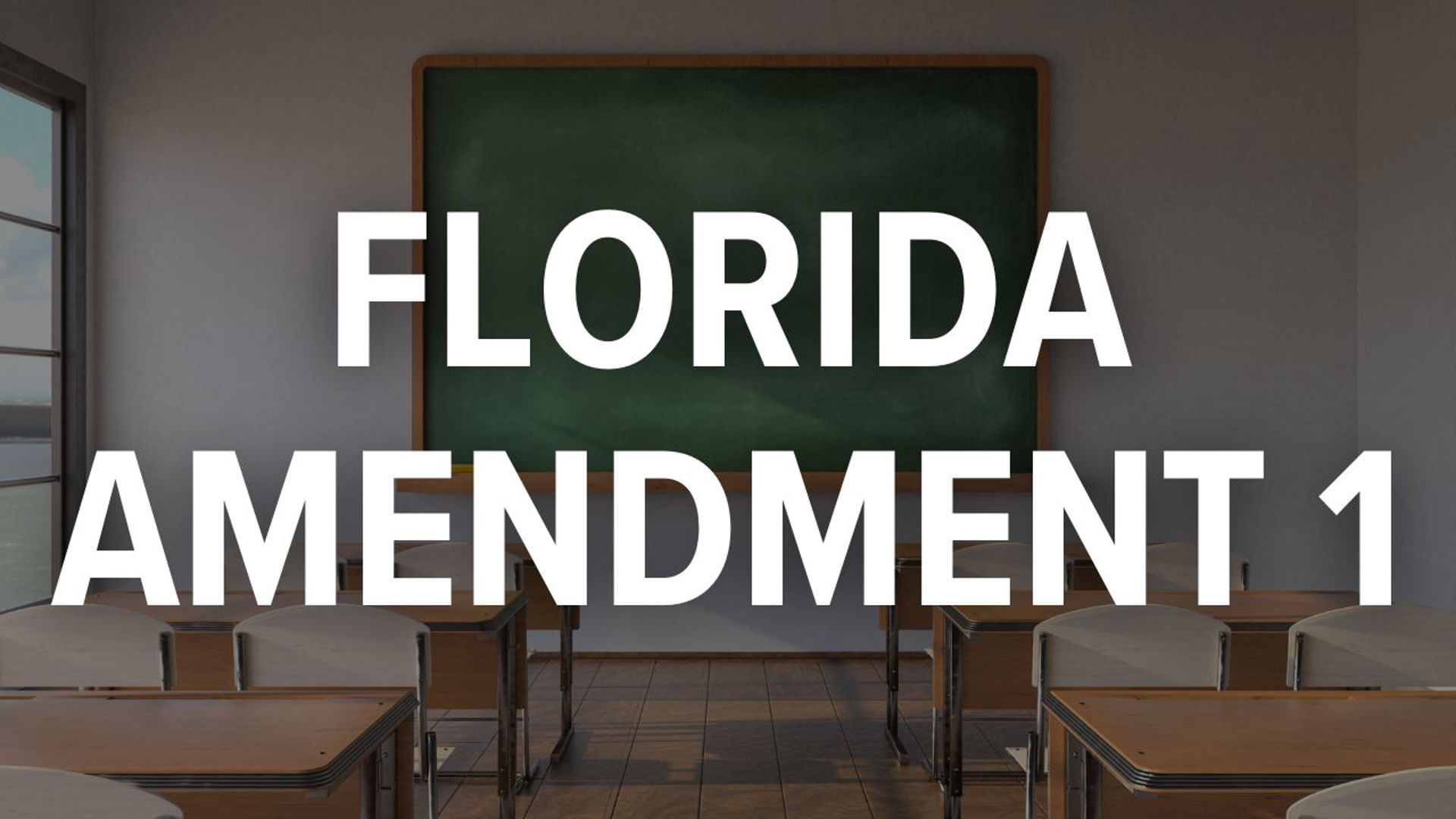JACKSONVILLE, Fla. — On Election Day, voters in Florida will see six amendments on the ballot and each one of the amendments would change the state constitution if passed.
Amendment 1 would change the face of future school board elections and would overturn a law that was passed via a referendum by the voters more than 20 years ago.
In 1998, a ballot measure made school board races in the state of Florida nonpartisan, so for the past 25 elections no school board candidate has been listed as democrat or republican.
Recently, politics has entered education. Strict restrictions on topics like diversity equality and inclusion as well as gender identity discussions are now outlawed for certain grade levels in public schools. Under current Florida law, when prospective school board members appeared on ballots they did not appear with a political affiliation. If Amendment 1 is passed, that would change.
In January 2023, a substitute teacher at Mandarin Middle School tweeted a video of empty shelves within the school library. Books from school districts across the state have been pulled from shelves to be reviewed based on various criteria, including race relations.
In 2022 a book about Hank Aaron playing baseball in Jacksonville was pulled from Duval Public Schools because it depicted white fans being mean to Aaron because he was black. Following a review the book was placed back on school shelves, but only for 4th grade and higher.
Amendment 1 will not change current Department of Education policy. However, it will allow candidates to identify themselves to voters based on their party affiliation, but only if 60% of the voters choose to allow that to happen.

